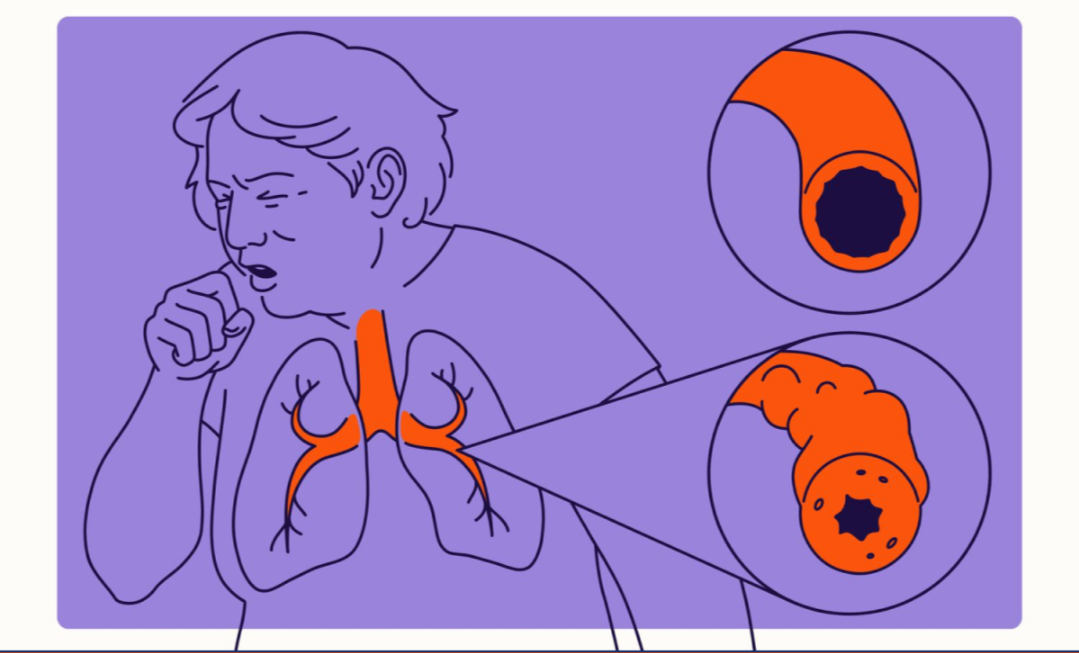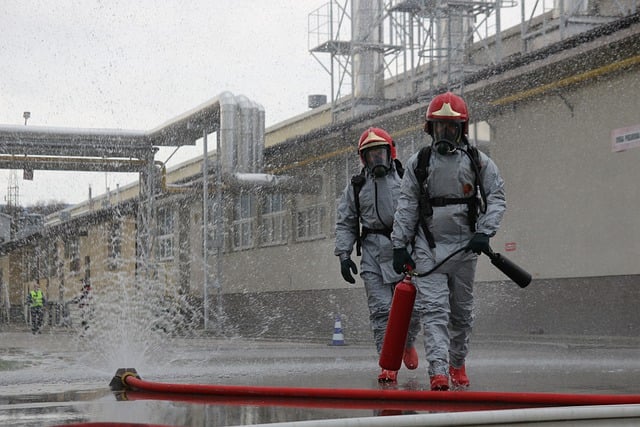Bronchitis: Causes, Symptoms, Treatment, and Prevention
Bronchitis is an inflammation of the bronchial tubes that carry air to the lungs. It often follows a respiratory viral infection such as a cold and causes coughing, mucus production, and sometimes chest discomfort. Understanding how bronchitis develops, how it differs from other respiratory illness, and what supports recovery can help people manage symptoms and protect their overall health.

This article is for informational purposes only and should not be considered medical advice. Please consult a qualified healthcare professional for personalized guidance and treatment.
How can a cold lead to bronchitis?
A common cold is usually caused by viruses that infect the upper respiratory tract. When those viruses move down into the bronchi, they can inflame the bronchial lining and trigger bronchitis. Acute bronchitis typically develops over a few days after a cold and presents with a persistent cough that may last several weeks. Viral infections are the most frequent cause; bacterial bronchitis is less common and usually considered when symptoms persist or worsen after initial recovery.
What symptoms distinguish bronchitis from other illness?
Bronchitis shares symptoms with several respiratory conditions, but a few signs help differentiate it. A hallmark is a productive cough that produces clear, white, yellow, or green mucus. Wheezing, chest tightness, low-grade fever, and fatigue are common. Unlike asthma, bronchitis often follows a recent infection and may resolve as the infection clears. Pneumonia can cause higher fevers, localized chest pain, and abnormal lung sounds on examination; medical evaluation and chest imaging help distinguish these illnesses.
When is medical care needed for bronchitis and health risks?
Most acute bronchitis cases are mild and resolve without specialized treatment, but medical care is important when symptoms are severe or risk factors are present. Seek medical evaluation for high or persistent fever, coughing up blood, difficulty breathing, blue lips, or symptoms that worsen after initial improvement. People with chronic lung disease, heart disease, diabetes, older adults, and those with weakened immunity may require earlier assessment and tailored treatment to reduce complications and protect overall health.
How does bronchitis affect immunity and recovery?
The immune system fights the infection that triggers bronchitis, and a healthy immune response helps clear viruses and repair inflamed airways. Factors that weaken immunity—poor sleep, inadequate nutrition, chronic stress, certain medications, or underlying illness—can prolong recovery and increase the chance of secondary bacterial infection. Supportive care that aids immune function includes sufficient rest, hydration, balanced nutrition, and avoiding substances like tobacco that impair mucociliary clearance and immune defense.
What prevention measures support long-term respiratory health?
Preventing bronchitis involves reducing exposure to respiratory viruses and limiting airway irritants. Basic measures include frequent handwashing, staying current with recommended vaccinations (for influenza and other vaccine-preventable respiratory illnesses as advised by health authorities), and avoiding close contact with people who are ill or contagious. Long-term respiratory health benefits from smoking cessation, minimizing exposure to indoor and outdoor pollutants, maintaining good general health practices that support immunity, and seeking timely care for respiratory infections in your area if symptoms escalate.
Conclusion
Bronchitis is commonly a short-term inflammatory response of the bronchi, often precipitated by a cold or other respiratory virus. Most people recover with rest, fluids, symptom management, and time, while antibiotics are not routinely indicated for viral bronchitis. Recognizing red flags that require medical attention, supporting immunity through healthy habits, and reducing exposure to irritants can help limit episodes and protect respiratory health. For personalized diagnosis and treatment, consultation with a healthcare professional is recommended.






